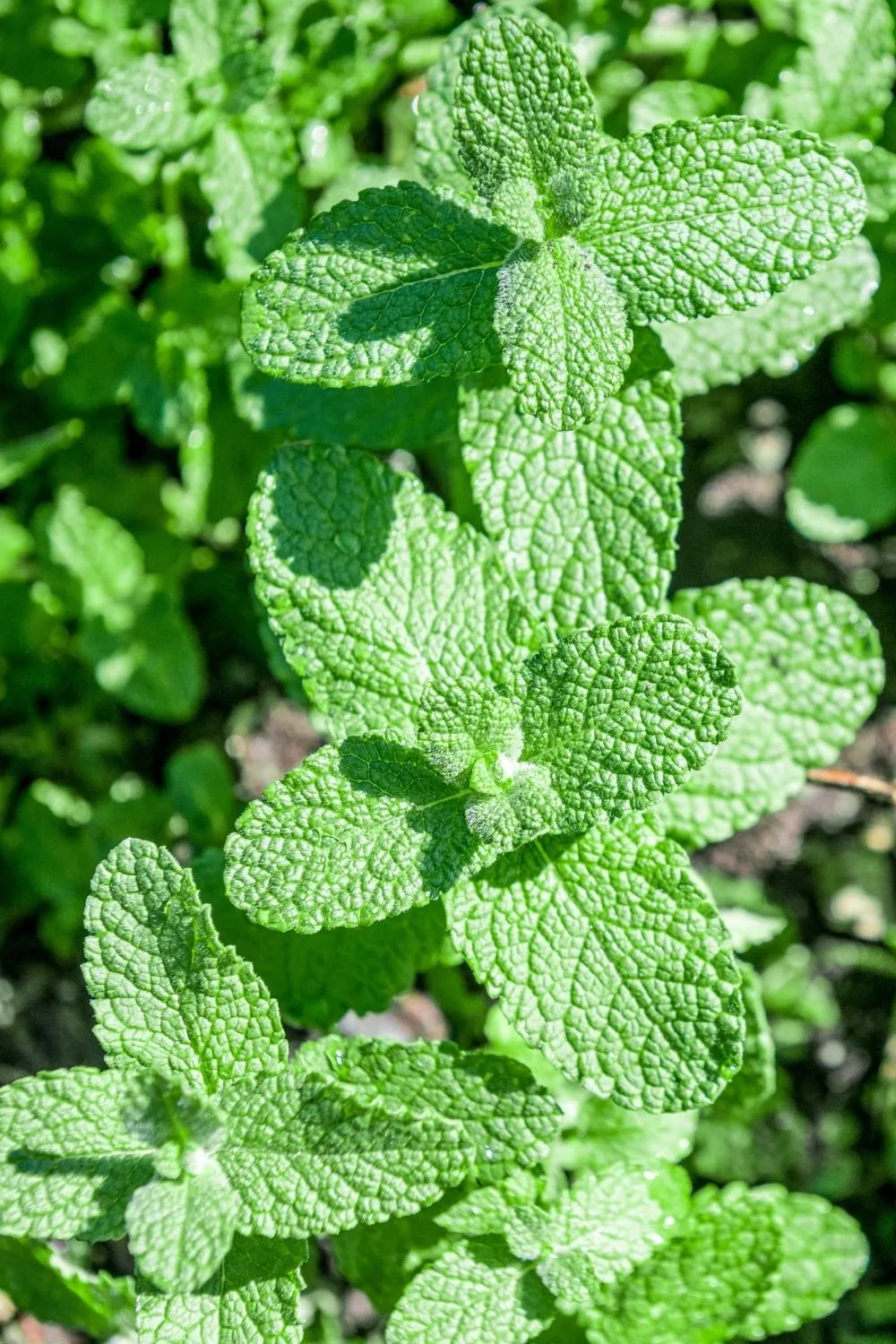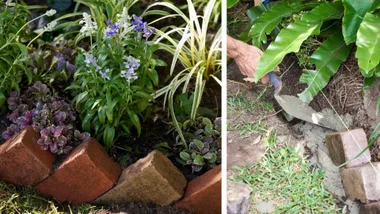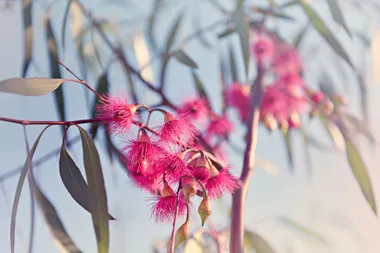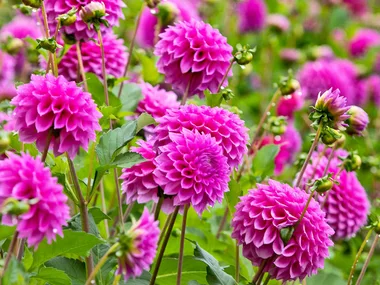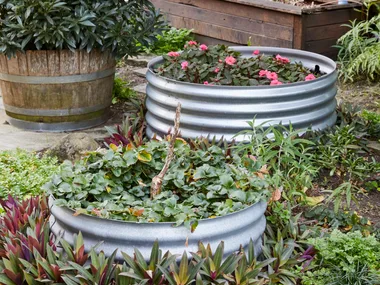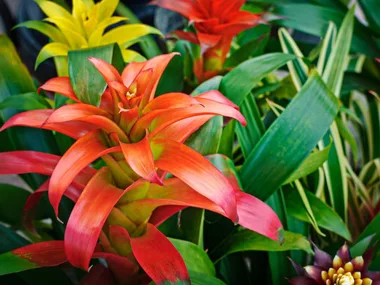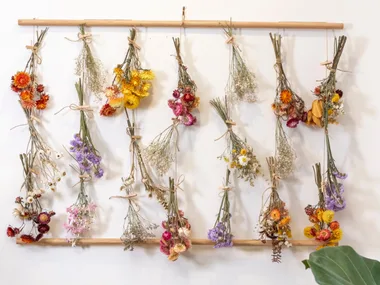Summer’s coming – and so are the flies, bombing your barbecue, sniffing out your salads, buzzing your beers and irritating your skin like ghastly party crashers. You can’t get rid of flies completely. You can, however, keep them away from your patios, decks and courtyards where you, not flies, should be holding court. You need to be growing plants that repel flies.
You can try a Venus flytrap plant, but they’re not as voracious as they make out, eating only a couple of flies a month.
Herbs and plants with naturally strong odours and oils make getting rid of flies and other bugs in your garden space a piece of cake.
5 easy plants to grow that repel flies
1. Pyrethrum daisy
It’s time to give the great Aussie salute to the sweet-looking, sweet-smelling pyrethrum daisy (Chrysanthemum cinerariifolium). It has a prettiness that defies its secret powers – a strong, natural insecticide that deters flies and is harvested on daisy farms in Tasmania for commercial producers of fly sprays.
It blooms in summer, but you can prolong the flowering period by cutting it back after the initial flowering to encourage a second flush. Despite deterring flies, this hardy perennial attracts beneficial pollinators and ladybugs, which eat aphids, mealy bugs and other sap-sucking pests. Extra bonus!
Often grown as ornamentals, pyrethrum daisies are easy to grow – all they really need is plenty of sun and a splash of water when the rain stays away.
Growing to 1.5m, it’s perfect in pots, garden beds or borders in a sunny spot and well-drained soil with cool, temperate and sub-tropical climates.
Grow from seeds or seedlings in spring, following packet or label instructions.
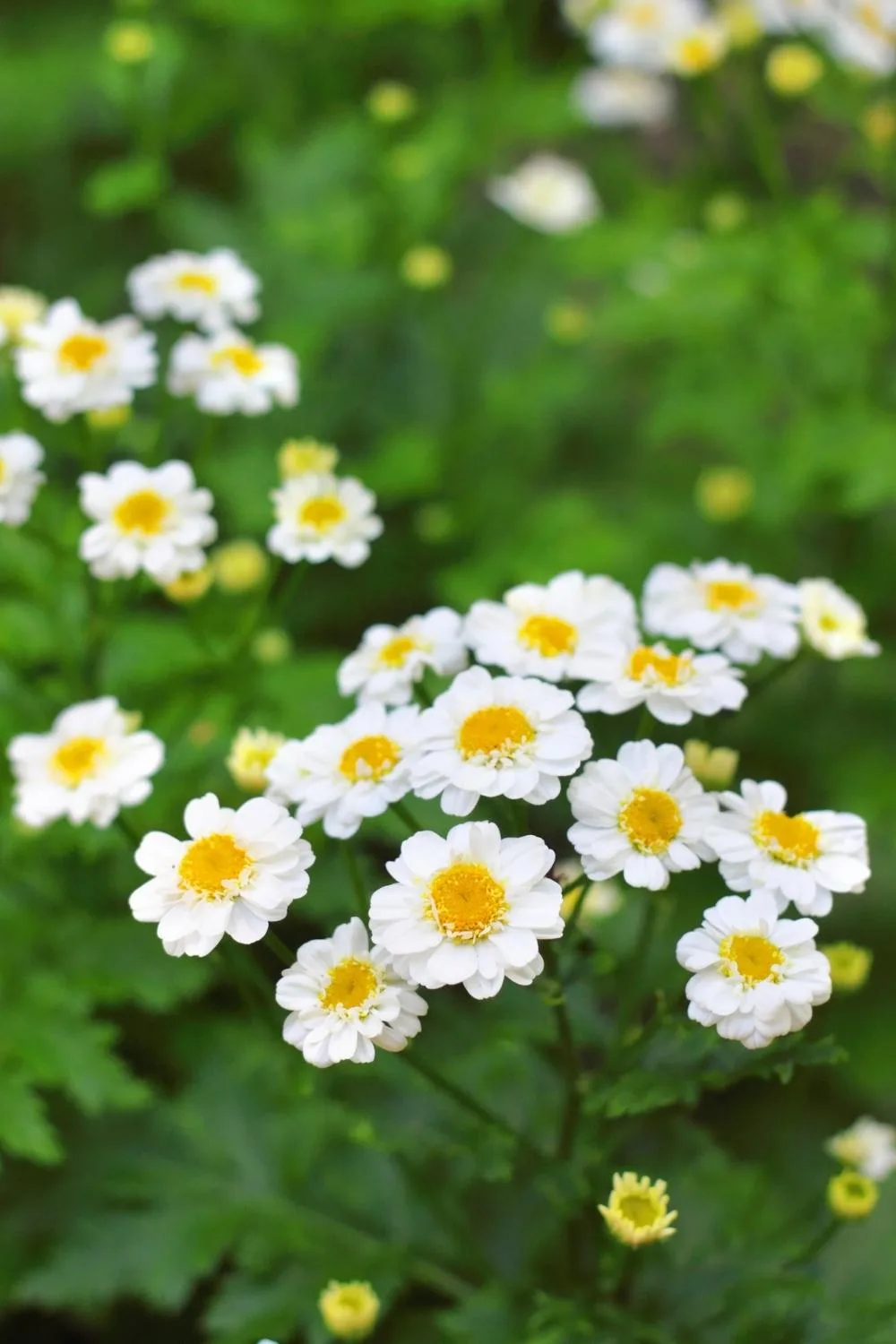
2. Sweet basil
Flies hate fresh smells – they’re attracted to decaying material, be it flesh or vegetative. And what’s fresher than basil?
The intensely sweet, pungent scent that we love so much is repugnant to flies. Both insect-repelling and a culinary herb, basil is easy to grow from seeds or seedlings in a pot, so make it the centrepiece of your outside table, pluck leaves whenever you want for summer salads and be assured of fly-free dining. Follow packet or label instructions.
There are many varieties of basil – and they all repel insects – so choose the variety that best suits your needs. Try ‘Thai Magic’ for use in South-East Asian dishes or ‘Spicy Globe’ for a tabletop container.
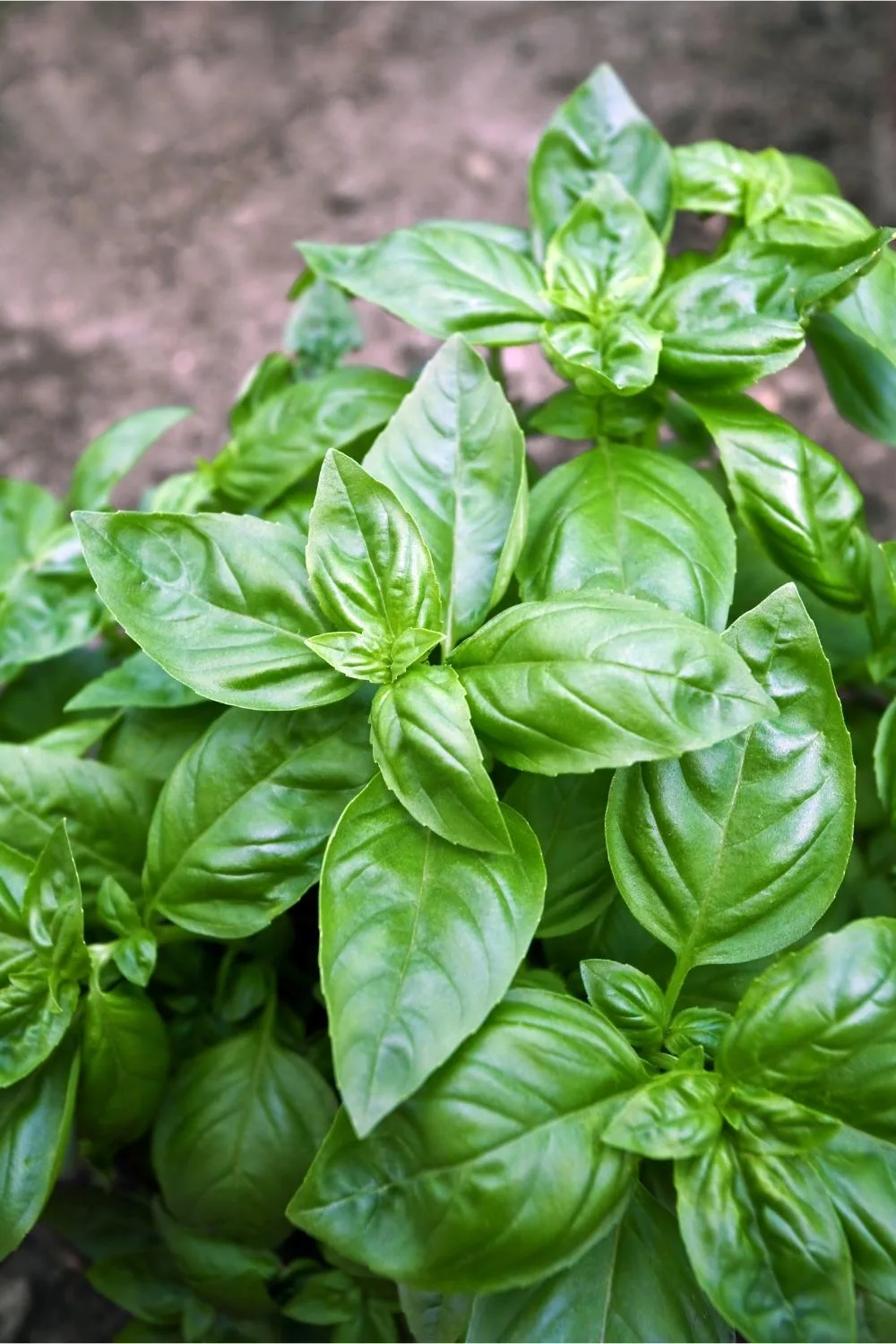
3. Rosemary
The leaves of rosemary have a pungent and somewhat astringent smell, like eucalyptus or camphor, and this is what keeps flies away. Pollinators such as bees and birds have learnt to overcome this smell as they search out the sweet nectar when it’s flowering. But its strong scent can override the aroma of other plants, which confuses and deters insects such as the carrot fly, whitefly, moths and even silverfish. Thus, it makes rosemary a favourite and popular pick in vegetable gardens.
Plant rosemary in spring in a pot or your garden in a sunny spot with well-drained soil and watch it grow to 150cm. It’s from the Mediterranean, so it doesn’t tolerate humidity.
Tip: The next time you’re having a barbie in your backyard, keep insects away by putting fresh rosemary or sage on the barbecue coals.
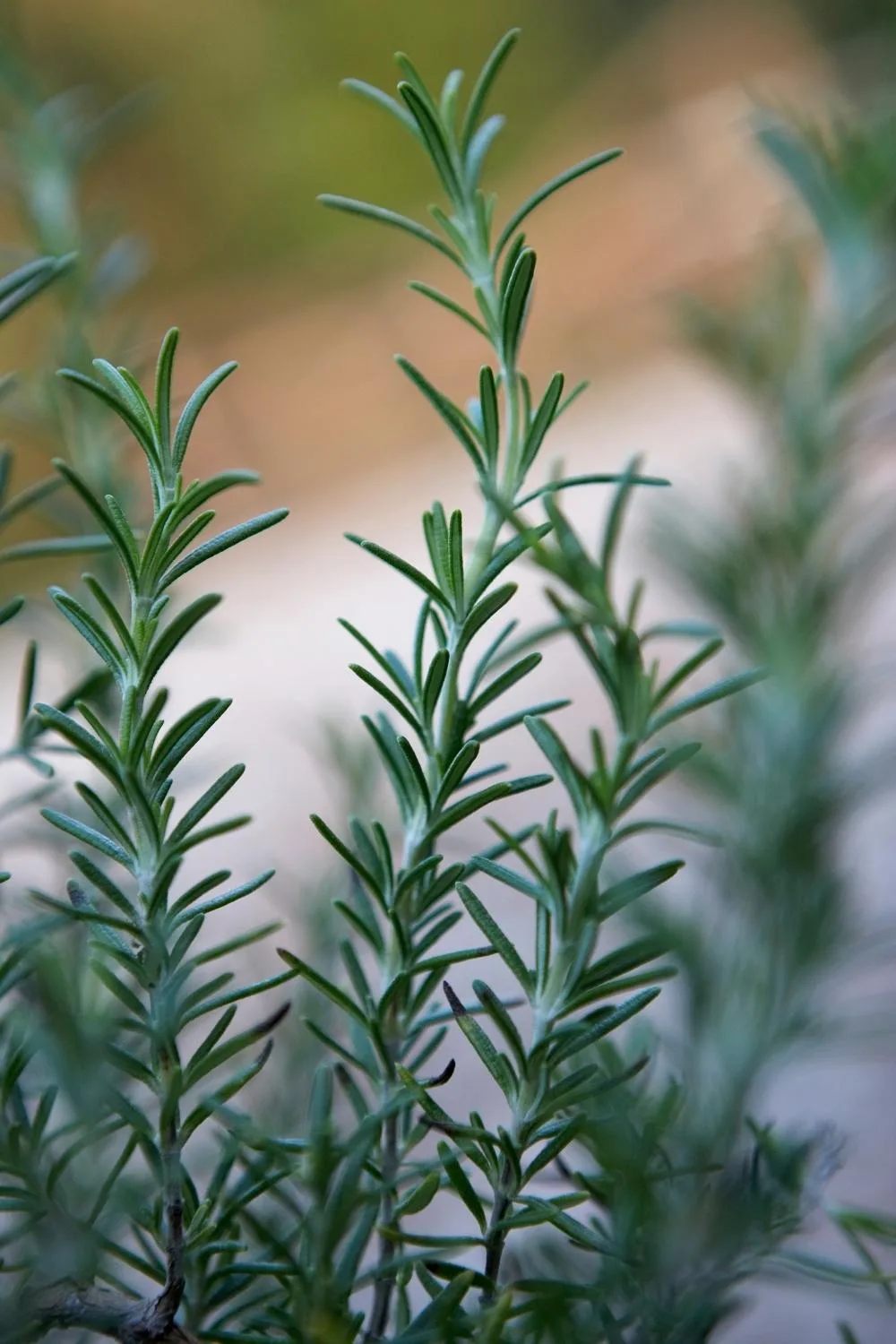
4. Mint
Everyone loves the smell of mint – except flies. The chemical menthol it emits is way too fresh for them. Rodents will also be far away with the help of a plant. Mint varieties, such as peppermint, can deter rodents in your home. Pests, such as mosquitoes, ants and flies, and rodents such as mice and rats, will be no more with this plant lying around.
Plant from seeds or seedlings and follow packet or label instructions. Low-growing to about 30cm, mint will spread aggressively in your garden, smothering other plants, so only grow it in a container. Place it where it gets morning sun and afternoon shade and keep moist. It grows in tropical, sub-tropical warm and cool temperate climates
Mint can be in the form of crushed leaves, oils, sprays or even mint gum to shoo them away for good.
Tip: To deter ants without a mess, leave mint tea bags in areas where they’re active.
